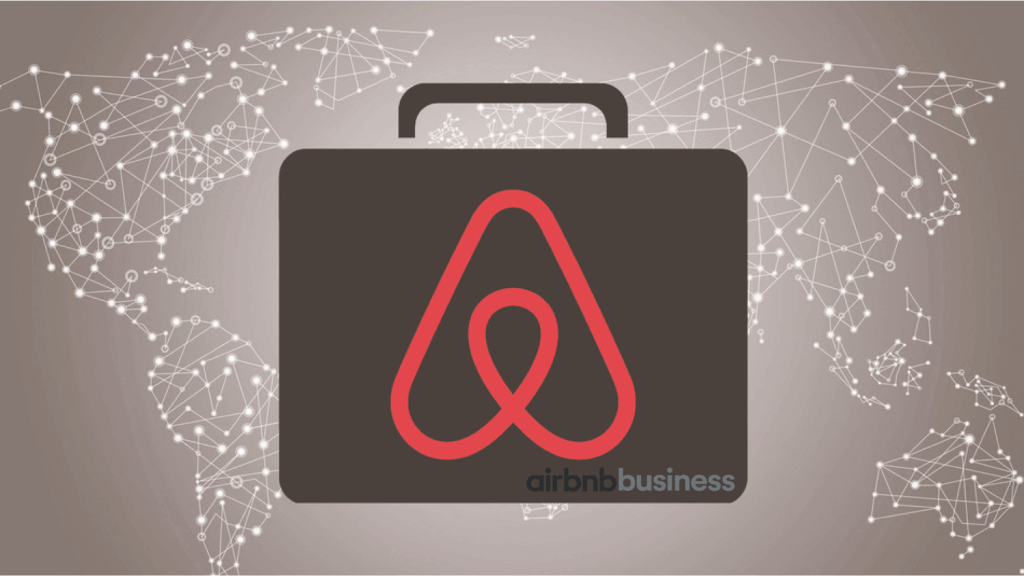
To some hotel operators, marketers and revenue leaders, it seems as though Airbnb has been a thorn in their sides for a long time. In reality, the sharing economy site didn’t launch until 2009 and took two years to book its first million roomnights. Today, it is ubiquitous, especially in markets like New York City with high hotel room rates and lots of tourists.
Now, however, as the company matures and more travelers — especially those in the millennial generation — have tried and become fans of the service, it is becoming more of a force in the business transient segment of accommodations.
As a result, many revenue managers in business travel-oriented hotels now need to develop tactics to identify the risks of Airbnb and develop strategies to combat what could become a real threat to them.
In the past year or so, the use of Airbnb by business travelers has become much more common. Managed travel groups such as American Express Business Travel, BCD Travel and Carlson Wagonlit Travel now have relationships with the site, and they recently launched Airbnb for Business specifically to penetrate the business travel and group markets.
In his recent forecast of corporate rate increases for 2017, New York University professor Bjorn Hanson cited increased use of Airbnb as one reason negotiated rates will only increase between 3.25% and 4% in 2017 compared to increases of between 4.5% and 5% this year.
And while many corporate travel departments haven’t yet endorsed the site (one study shows only one in 10 travel departments include Airbnb in their travel policies), 67% of millennial business travelers in another study say they’re interested in staying in shared accommodations.
The first issue revenue strategists face is quantifying the impact, if any, of Airbnb on their properties.
Read rest of the article at Duetto Research




